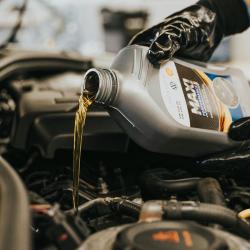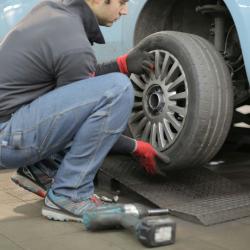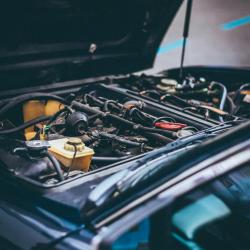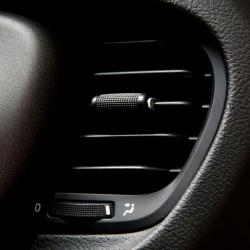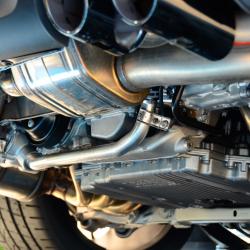The Importance of Regular Fluid Checks for Your Car’s Health
Owning a car is both a privilege and a responsibility. While many consider regular maintenance as just a periodic oil change or tire rotation, one of the most overlooked aspects is the regular checking of the vehicle's essential fluids. Like the blood that courses through our veins, these fluids are vital in ensuring that our cars function efficiently and smoothly. Neglecting them can lead to reduced performance, costly repairs, and even dangerous driving conditions. This article delves into the importance of regular fluid checks for your car’s health and longevity.
- Engine Oil: The Lifeblood of Your Car
Engine oil is crucial for lubricating the moving parts within your engine, reducing friction and preventing overheating. Over time, oil degrades and accumulates impurities, diminishing its effectiveness. Regularly checking and changing your engine oil can prevent engine wear and tear and ensure optimal performance. Most manufacturers recommend an oil change every 3,000 to 5,000 miles, but always refer to your vehicle’s manual for guidance.
- Coolant: Keeping Your Engine Cool
Also known as antifreeze, coolant maintains the engine’s temperature, preventing it from overheating in hot weather and freezing in cold weather. A proper balance of water and coolant is essential for this fluid to perform optimally. Regular checks can help spot leaks or inadequate fluid levels that might lead to engine overheating, which can cause severe damage.
- Transmission Fluid: Smooth Gear Transitions
Transmission fluid is critical for ensuring smooth gear shifts and protecting the transmission from wear. It acts as a lubricant and a coolant, and deteriorating fluid can lead to transmission problems, including slipping, rough shifts, or complete failure. Depending on your vehicle and type of transmission, check and replace transmission fluid every 30,000 to 60,000 miles.
- Brake Fluid: For Reliable Stopping Power
Brake fluid transfers the force from your foot pressing on the brake pedal to the brakes themselves. Contaminants or air in the brake fluid line can severely compromise braking efficiency and safety. Regular inspection and replacement, usually every two years, are necessary to ensure your brakes perform reliably under all conditions.
- Power Steering Fluid: Ease of Handling
Power steering fluid ensures that steering is responsive and turning is smooth and requires minimal effort. Low or contaminated power steering fluid can lead to hard steering and potential damage to the power steering pump. Regular checks help maintain steering efficiency and comfort.
- Windshield Washer Fluid: Clear Vision
While it might not affect your vehicle’s mechanical performance, windshield washer fluid is crucial for maintaining driver visibility and safety. Keeping this fluid topped up ensures you can clean your windshield of dirt and debris, especially during long drives or inclement weather.
Conclusion
Regular fluid checks are a simple yet critical part of car maintenance that can save you time, money, and trouble in the long run. By adhering to a routine check-up schedule and referring to your vehicle’s owner manual, you can effectively manage the health of your car, ensuring it serves you reliably for years to come. Proactive care of your car, akin to regular health check-ups for humans, not only extends its lifespan but, more importantly, contributes to safer driving conditions for you and others on the road.

